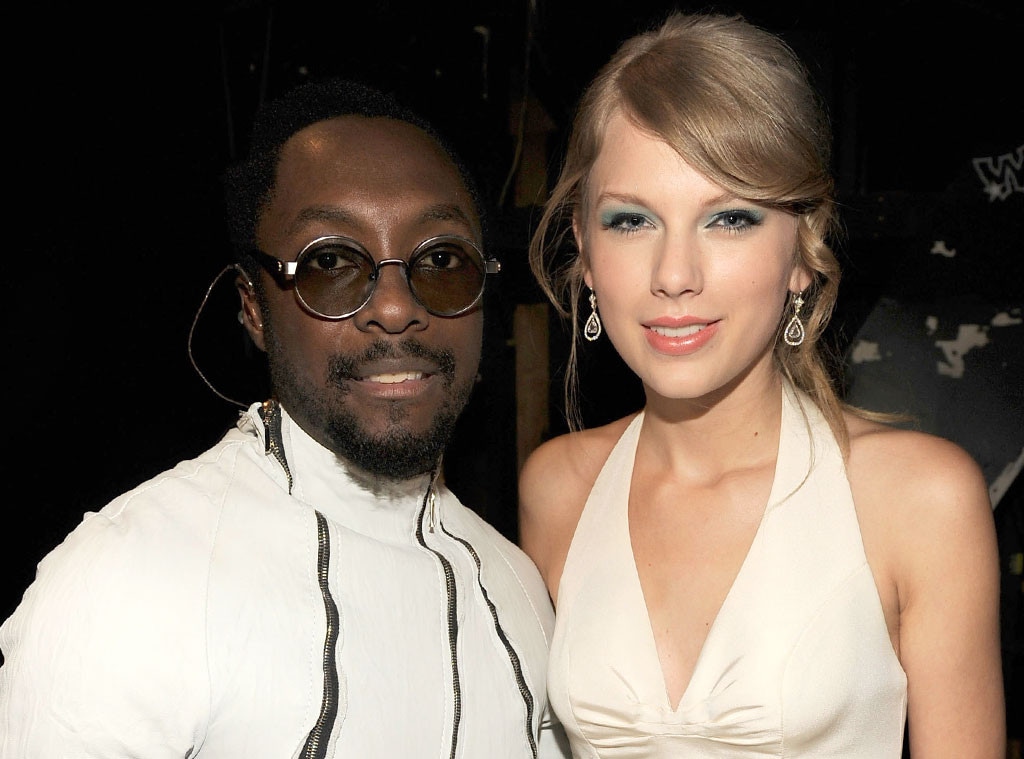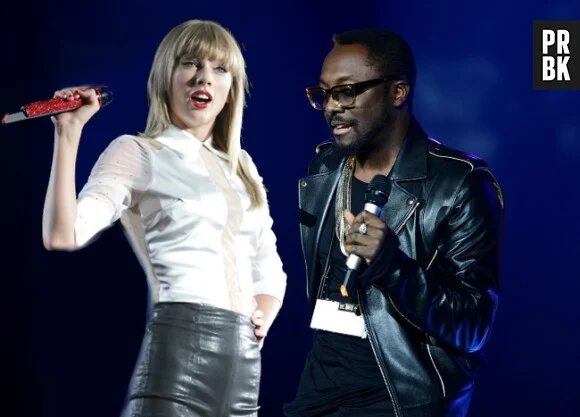“AI will connect them in ways that will empower the performer and empower the fan,” will.i.am explains the future of the music industry in an exclusive interview with Euronews.
The music industry has always been a place for the application of pioneering technology.
When the synthesiser was first created, though not everyone saw it as a real musical instrument, eventually it came to be accepted as a game changing tool in the evolution of music.
In 2023, the iconic amp brand Marshall was sold to Swedish company, Zound for £325 million (€384.5 million). Earlier this year, Marshall Group CEO Jeremy de Maillard said that amps account for only 5% of the company’s revenue as the new focus is on digital amps and tools.
With AI having the potential to radically change almost every industry on the planet, what will it mean for music? Will it be a game changing tool or the result in the death of creativity?
In this episode of The Big Question, Hannah Brown sits down with will.i.am, artist, entrepreneur and futurist to discuss how AI will change the landscape of the music and entertainment industries.
A new industry is coming

The music industry is actually made up of three separate parts – recording, publishing and touring.
We’ve already heard stories of AI being used in the recording industry to generate sound-alike vocals, or to restore old recordings in the case of The Beatles.
As for the global touring industry, according to data from Goldman Sachs, it’s set to be worth €38 billion annually by 2030.
In 2024 we’ve seen the phenomenon known as ‘Swiftonomics’ impacting local economies as Taylor Swift journeys across the globe on her world tour.
When asked how AI will change the music industry, will.i.am was not only excited by the way it will help to link the performer and the audience more closely during live shows, but he also suggested a fourth industry will be created.
“A new industry is emerging and that will expand the economy of music, dimensionalise music and the experience of music.
“But if we are to see and utilise AI to [just] augment or do what the record industry did, that’s a poor use of the technology,” will adds.
How can AI help to personalise entertainment?

will.i.am is a man with his fingers in many pies. Not only is he a successful musician and producer but he’s invested in some of the biggest tech over the years.
“I got into tech early on, back in the mid 2000s when I worked with BlackBerry in 2007 and helped launch Beats in 2008.”
Since then he’s worked with the likes of Intel, sold companies to HTC and Apple and invested in Tesla, OpenAI and ChatGPT.
His latest project is FYI RAiDiO – an AI powered radio station allows listeners to customise and make their experience interactive.
“Right now, radio is one dimension.[…] [A listener] can call up, that person can talk to the host, one person at a time. So how do you dimensionalise that?,” will explains.
“We’ve been working on an amazing reimagination of radio.”
Can AI fuel creativity in music?
Though being an avid ‘technocrat’ and having invested in AI during ‘the AI winter’, a period when people were less inclined to get involved, will.i.am says AI, so far, hasn’t changed his creative process.
“I look at it like AI does yoga really well but that doesn’t mean it’s going to help me stretch. I’ve still got to stretch myself.
“So writing songs and making music is stretching, it’s my own Pilates. It’ll be great for folks that don’t know how to stretch. It’d be great for folks that need that crutch, right? It’s a great amplifier and accelerator for folks.
“For now, I still make music the old fashioned way, but, eventually, in the future, I’ll do some things with the systems,” will explains.


